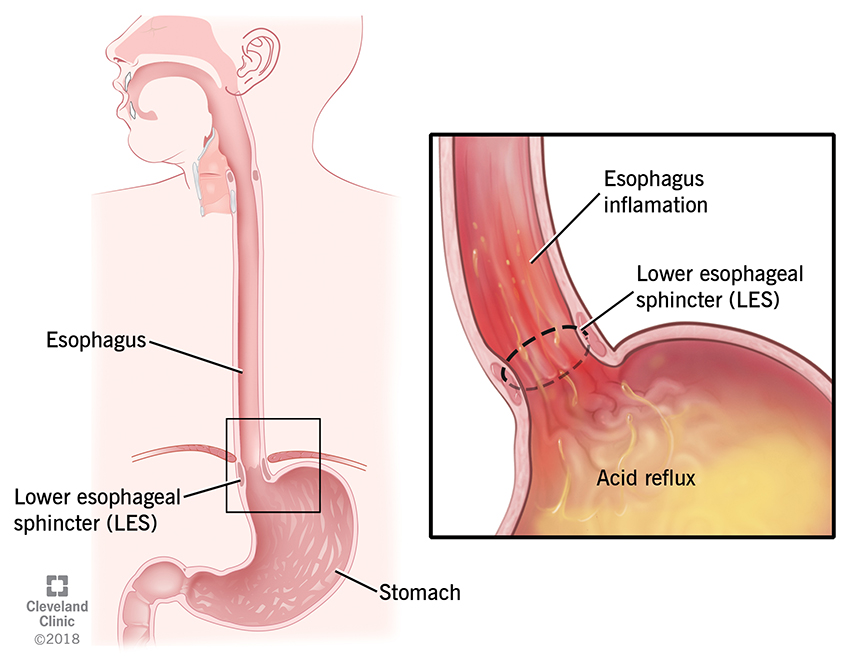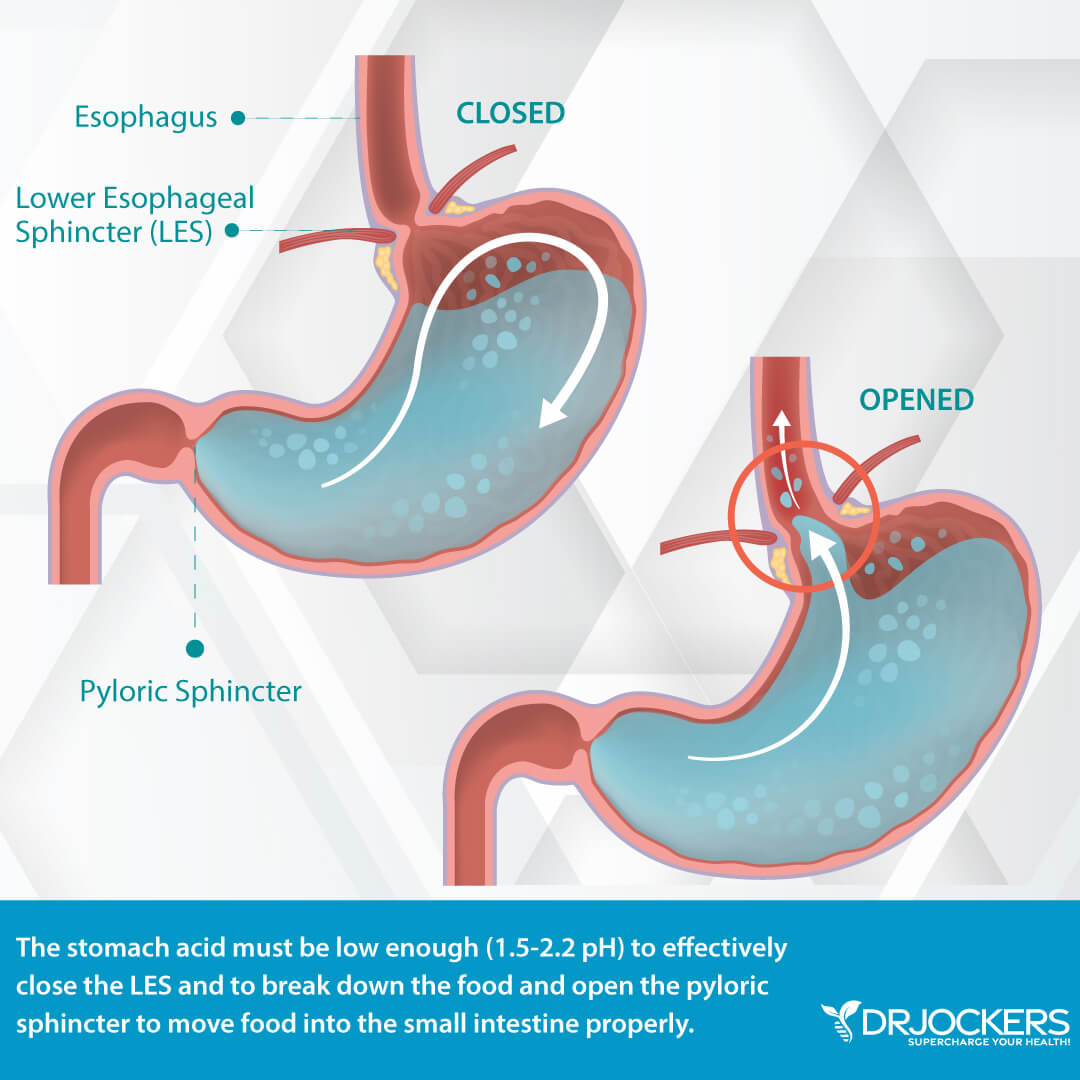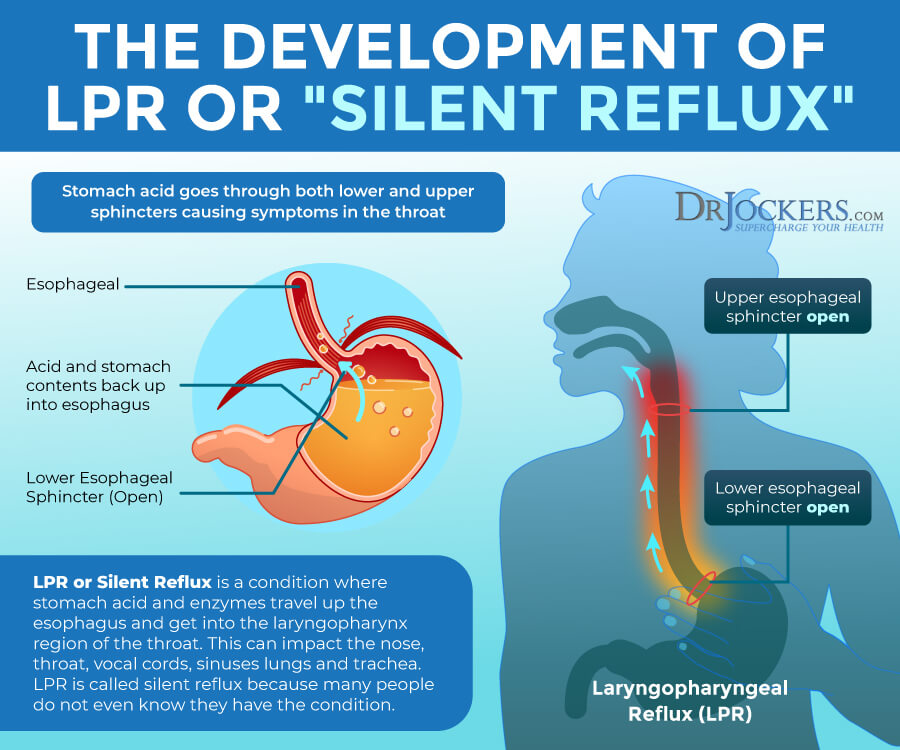I. When the Gut Speaks: Understanding the Unseen Connection Between GERD and Bloating
Imagine feeling a persistent fullness, tightness, or swelling in your stomach that just won’t go away. It’s uncomfortable, sometimes painful, and it weighs not just on your body, but on your mind. You might be wondering: “Can GERD cause stomach bloating?”

If this question brought you here, you’re likely someone who’s been struggling with digestive discomfort, searching for answers beyond surface explanations. You want to understand why your body feels this way, and most importantly, how to regain control.
GERD (Gastroesophageal Reflux Disease) is widely known for causing heartburn and acid reflux, but its connection to stomach bloating is less talked about — and often misunderstood. This article uncovers the hidden link between these two symptoms and provides actionable strategies to help you stop bloating now and reclaim your comfort.
II. GERD Demystified: More Than Just Acid Reflux
Before diving into the connection with bloating, let’s clarify what GERD is.
GERD is a chronic condition where stomach acid frequently flows back into the esophagus, causing irritation. Classic symptoms include:
But many people with GERD also report abdominal discomfort, fullness, and bloating — symptoms often overshadowed by the more obvious heartburn.

III. What Exactly Is Stomach Bloating?
Stomach bloating refers to a feeling of fullness, tightness, or swelling in the abdomen. Physically, it can be due to excess gas, delayed digestion, or fluid retention. Bloating affects not only comfort but also mental well-being, often triggering anxiety and social withdrawal.
Many sufferers describe it as:
Bloating can arise from multiple digestive issues, so understanding its root cause is crucial.
IV. Can GERD Cause Stomach Bloating? The Scientific and Experiential Truth
1. The Physiological Link: How GERD May Lead to Bloating
Yes, GERD can contribute to stomach bloating, but often indirectly. Here’s why:
2. Real-Life Stories: The Emotional Weight of Bloating in GERD
Consider James, a 37-year-old software engineer:

“I thought heartburn was my only problem, but the bloating was unbearable. It made me self-conscious, and I avoided social dinners. The discomfort wasn’t just physical—it affected my mood and confidence. I finally realized that treating GERD alone wasn’t enough.”
James’ experience highlights a critical aspect: bloating in GERD patients often leads to emotional distress, affecting quality of life beyond the stomach.
V. Why You Shouldn’t Ignore Bloating in GERD: The Bigger Picture
Ignoring bloating can mean overlooking complications or coexisting conditions like:
Understanding the full picture helps tailor effective treatment, improving overall digestive health.
VI. How to Stop GERD-Related Stomach Bloating Now: Practical Steps
Feeling bloated and uncertain can be overwhelming, but the good news is: you can take control.

1. Optimize Your Diet
2. Manage Stress and Emotions
3. Medications: Use Wisely and Under Guidance
4. Lifestyle Changes
5. Track Your Symptoms
Keeping a journal helps identify patterns and triggers, empowering you and your healthcare provider to customize your treatment.
VII. When to See a Doctor: Signs You Shouldn’t Ignore
Seek medical attention if you experience:
These could signal complications requiring prompt intervention.
VIII. The Mind-Body Connection: Addressing the Subconscious Side of GERD and Bloating
Many don’t realize how deeply the mind impacts digestion. Chronic discomfort triggers subconscious stress responses that:
Breaking this cycle requires compassionate self-awareness and often professional help. Remember, it’s okay to ask for support—not just medically, but emotionally.

IX. Empower Yourself: You Are More Than Your Symptoms
Living with GERD and stomach bloating can feel isolating, but your experience is valid and shared by millions. By combining medical care with lifestyle and emotional support, you can reclaim comfort and confidence.
Ask yourself:
Your journey to healing is uniquely yours—and every step forward counts.
X. Conclusion: Understanding, Acting, and Thriving Beyond GERD-Related Bloating
Can GERD cause stomach bloating? The answer is a nuanced yes. It’s often a combination of physical delays in digestion, increased abdominal pressure, medication effects, and emotional stress.
But knowledge is power. By understanding the hidden link and adopting a holistic approach—including diet, stress management, medical care, and emotional wellbeing—you can stop bloating and restore your quality of life.

XI. Take Action Now: Your Personalized Checklist for Bloating Relief
Remember: Your body’s messages are an invitation to care, not a burden to bear silently. By taking informed, compassionate action, you can transform discomfort into empowerment.









